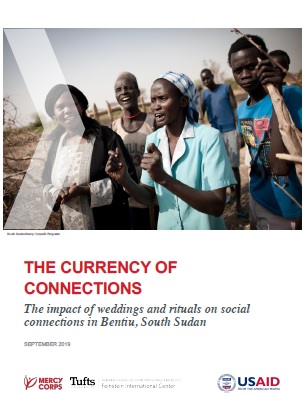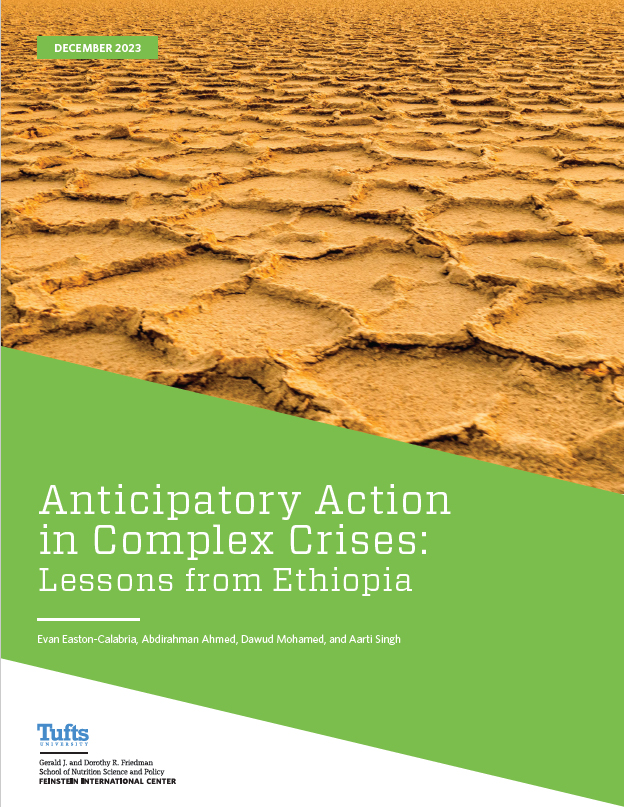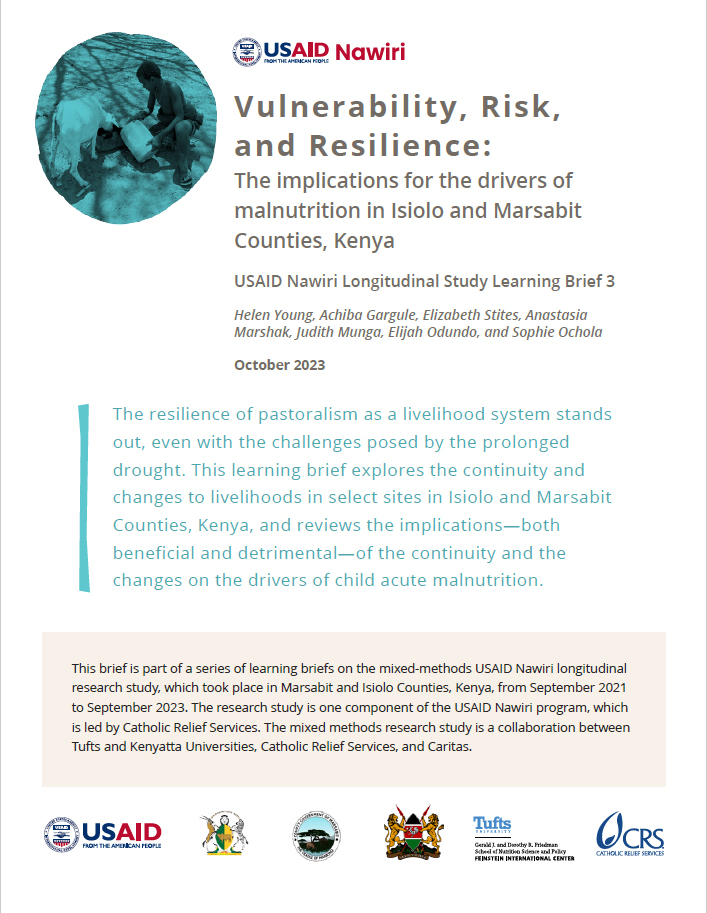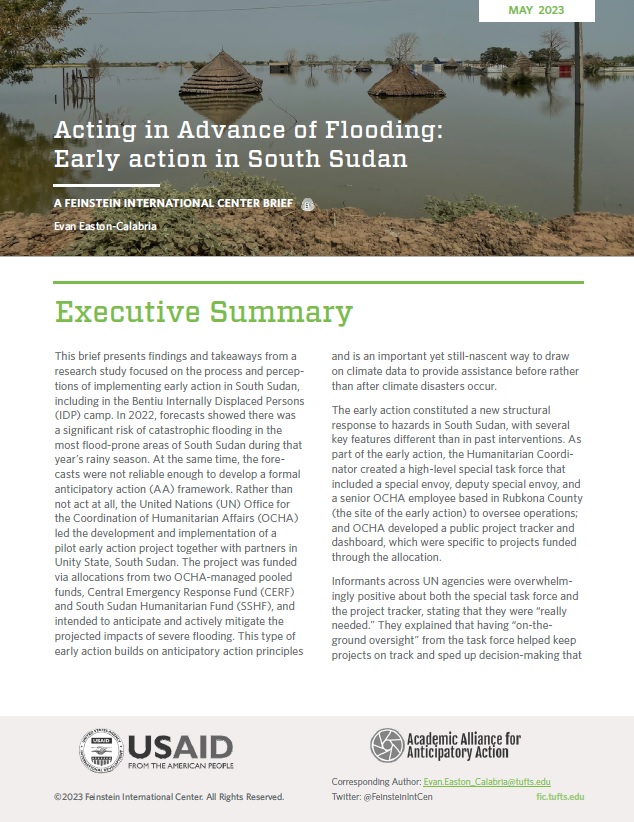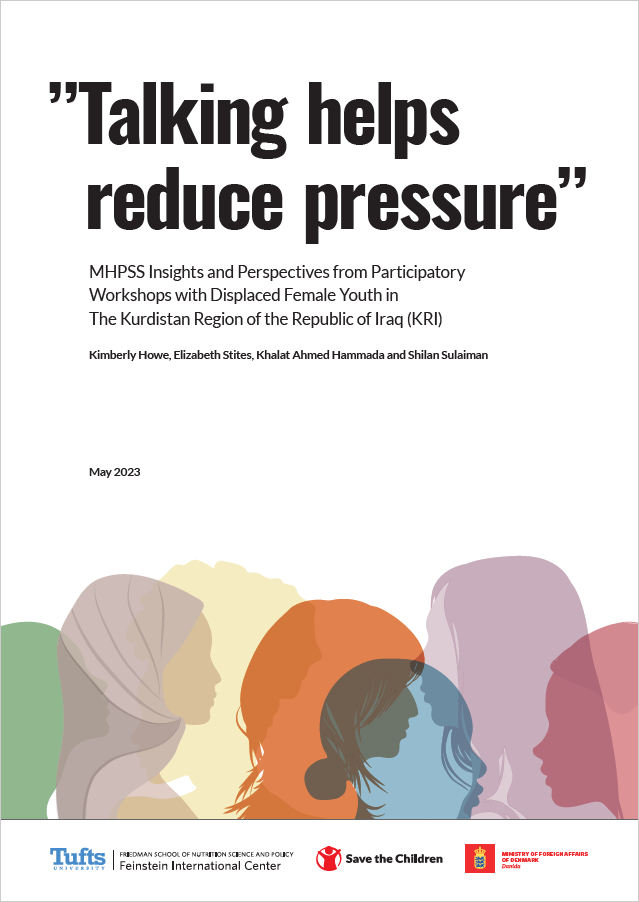This briefing paper examines changes to wedding rituals and the nature of marriages in the Bentiu Protection of Civilians site and adjacent areas of Rubkona and Bentiu towns. We draw from interviews and focus group discussions with displaced residents in the Bentiu PoC and with residents in the adjacent towns of Bentiu and Rubkona to highlight how the shift from a cattle-based economy to one entailing greater use of cash has affected these life events. We also examine changes to bride wealth and corresponding shifts in the engagement of relatives, community members, and social networks in the rite and process of marriage. Depending on their gender, age, and social positioning, respondents offered different views on the extent to which these changes were welcome or detrimental. We reflect this diversity of perspectives in the analysis that follows.
The question of changes to marriages is relevant for humanitarian practitioners, decision-makers, and researchers. First, consistent with research in South Sudan and other contexts, we show that weddings and marriages are not only privately important for those who directly participate in them, but also carry broader social and symbolic significance for the community. Second, weddings and marriages provide a useful lens for examining the effects of cash on social connectedness, as well as the effects of livelihood loss—in the form of cattle, in particular—on new and existing relationships. Finally, an examination of weddings and marriages allows for a gender- and age-informed analysis of how social relationships are reconfigured during conflict and displacement. We pay particular attention to how norms around the regulation of gendered relationships have evolved during the course of conflict and displacement, and the ways in which livelihood changes affect those norms.
The project is carried out in a partnership between Mercy Corps and Feinstein International Center. This report is made possible by the support of the American People through the United States Agency for International Development (USAID), with support from the Office of Foreign Disaster Assistance. The views expressed in this report do not necessarily reflect the views of USAID or the United States Government.

